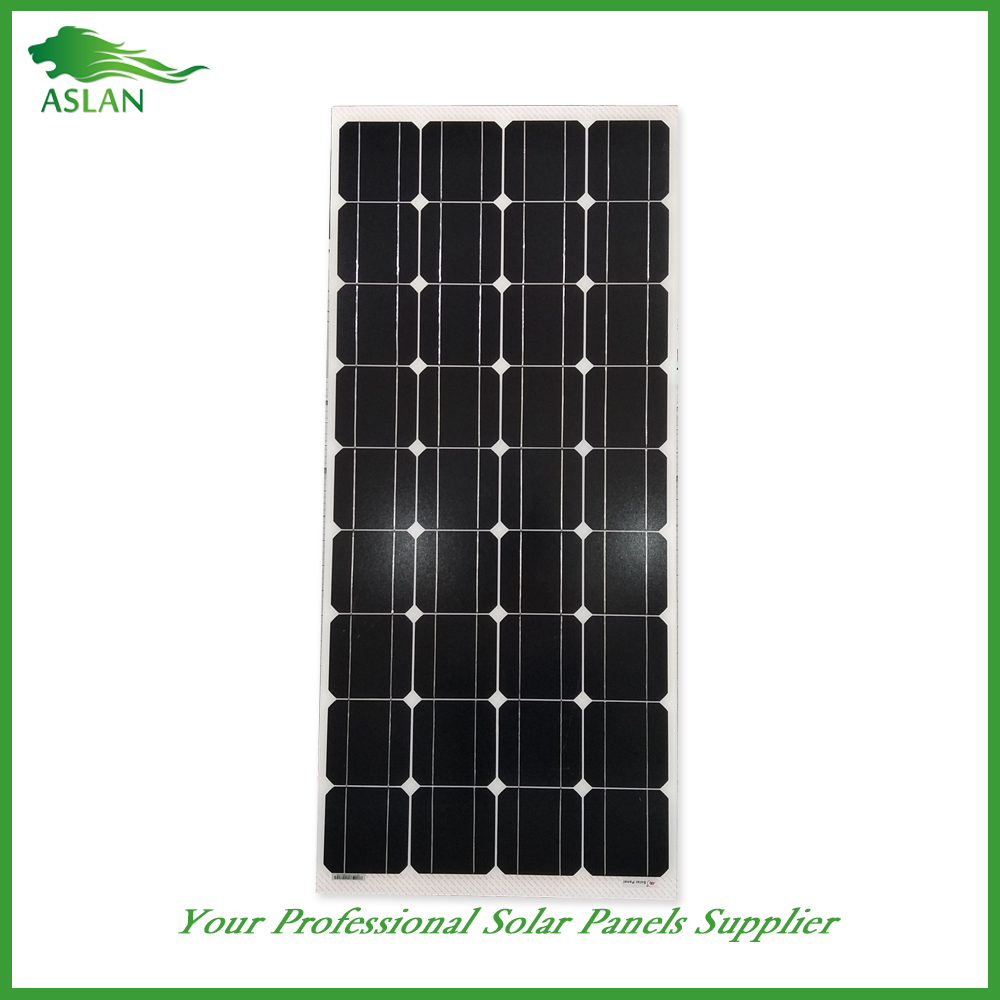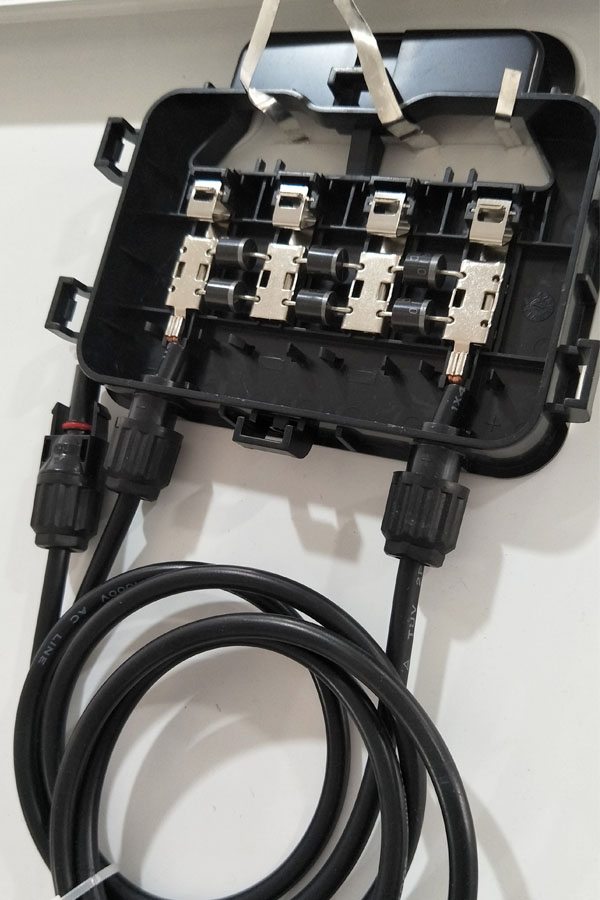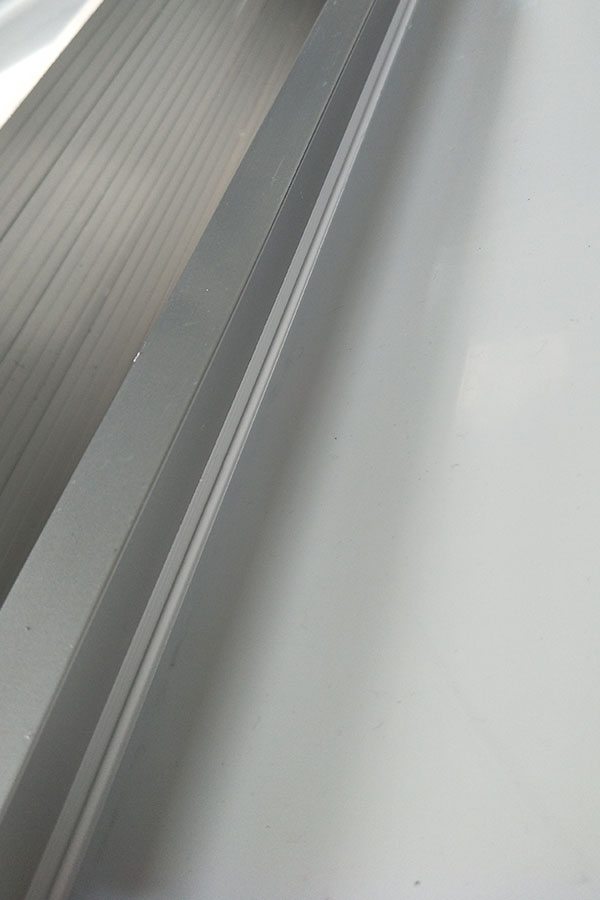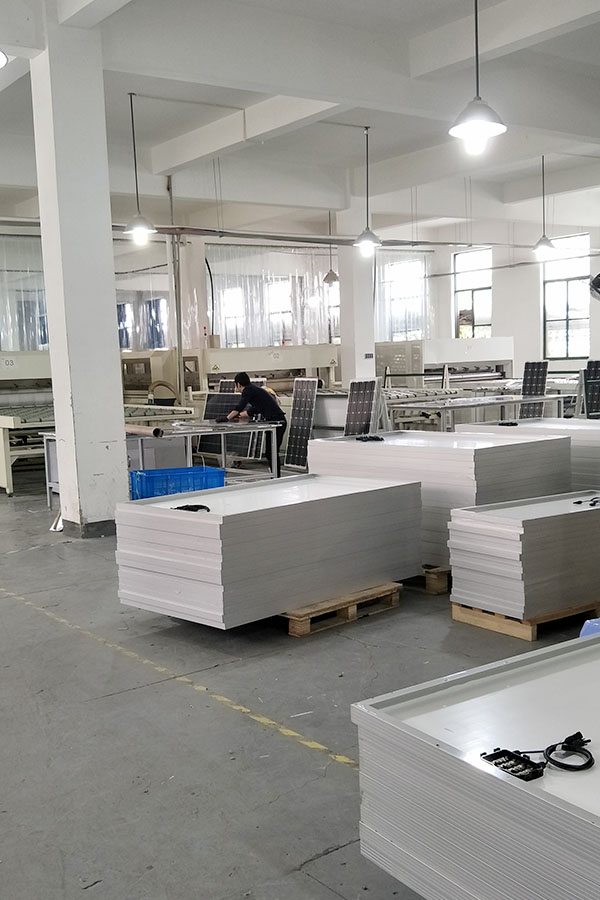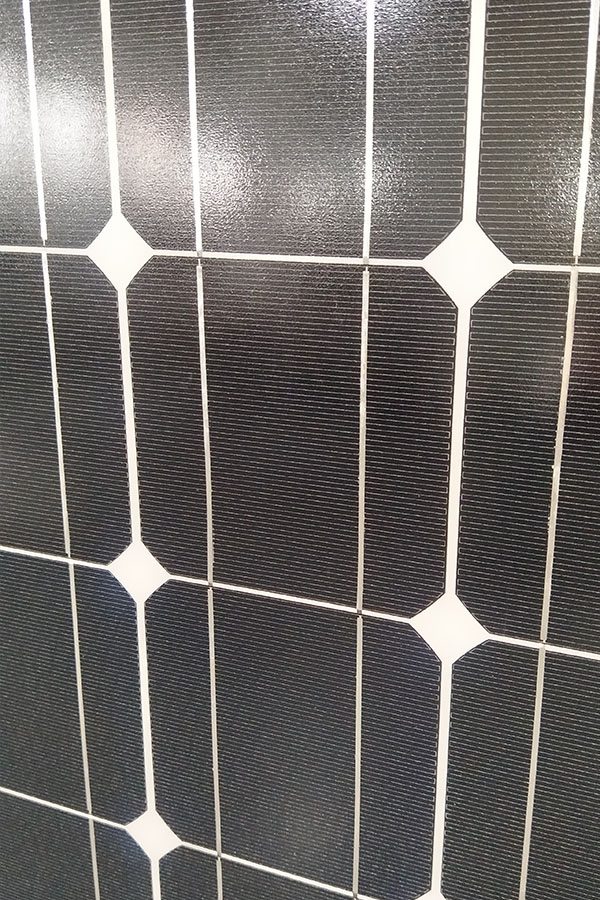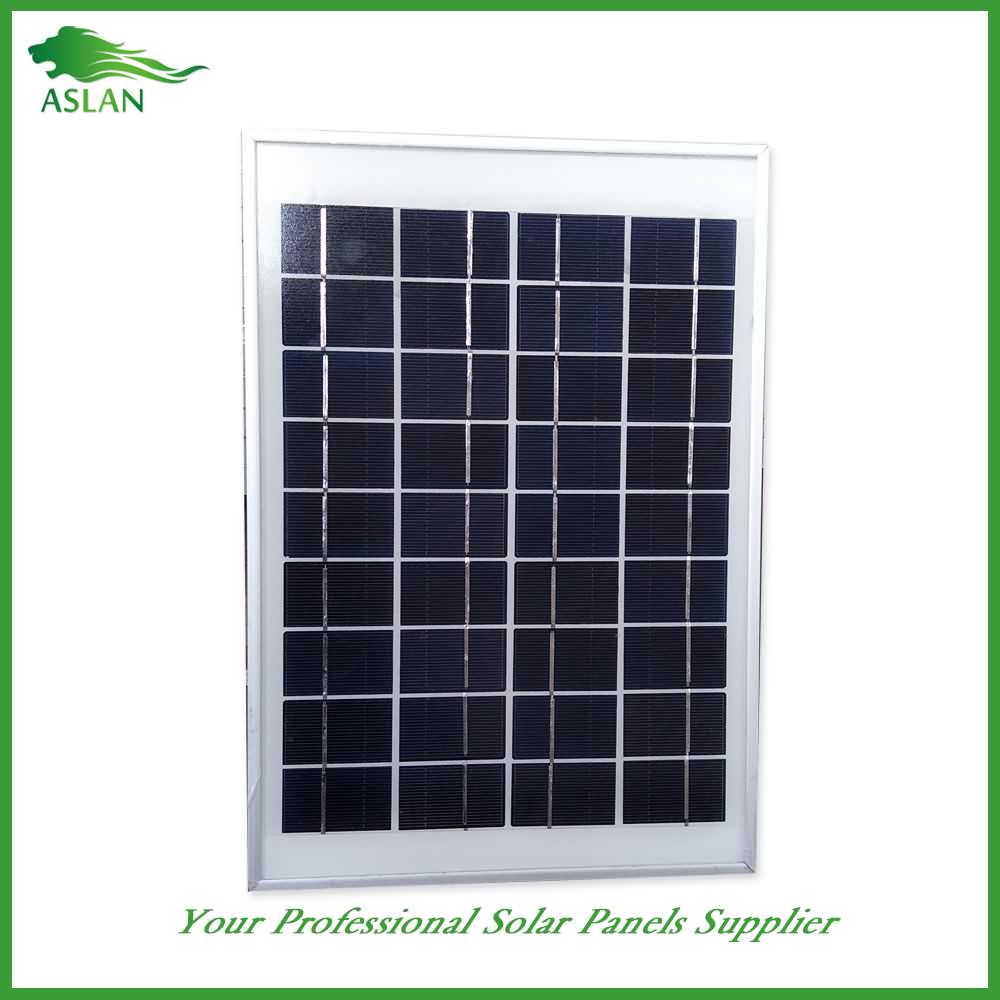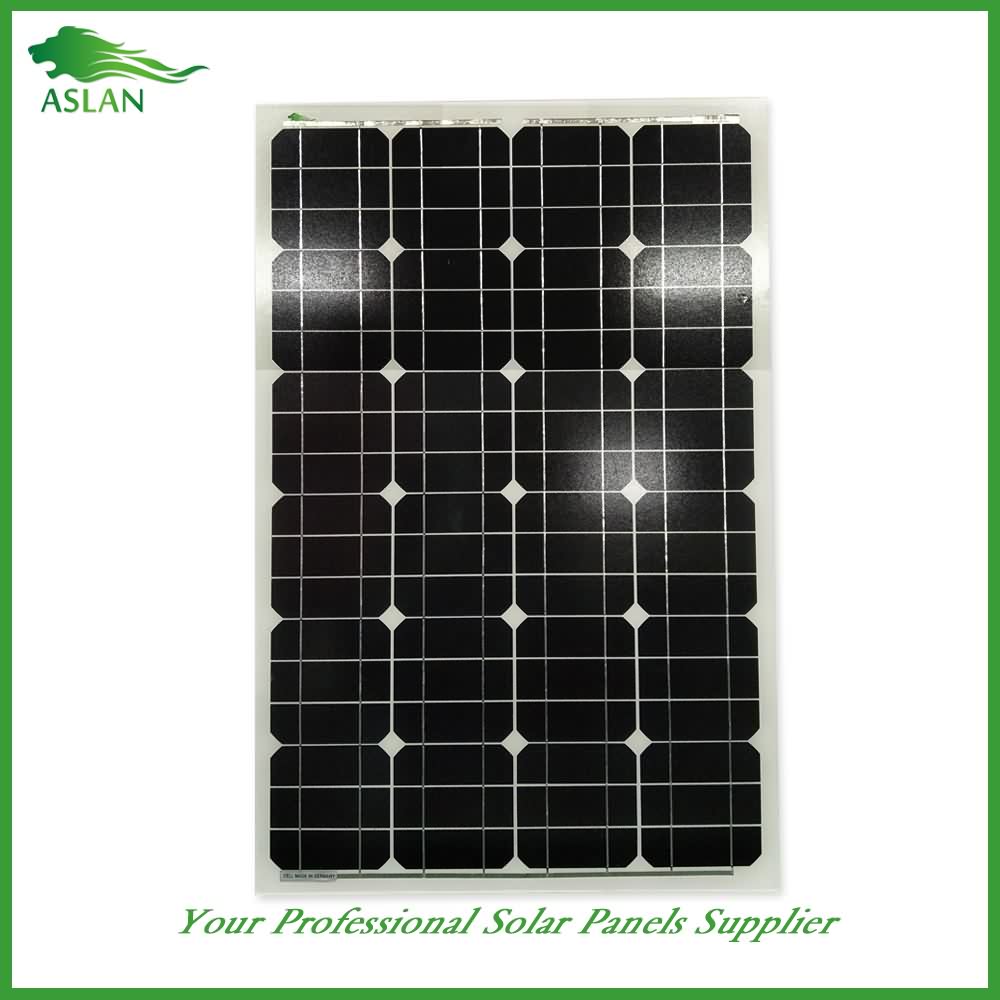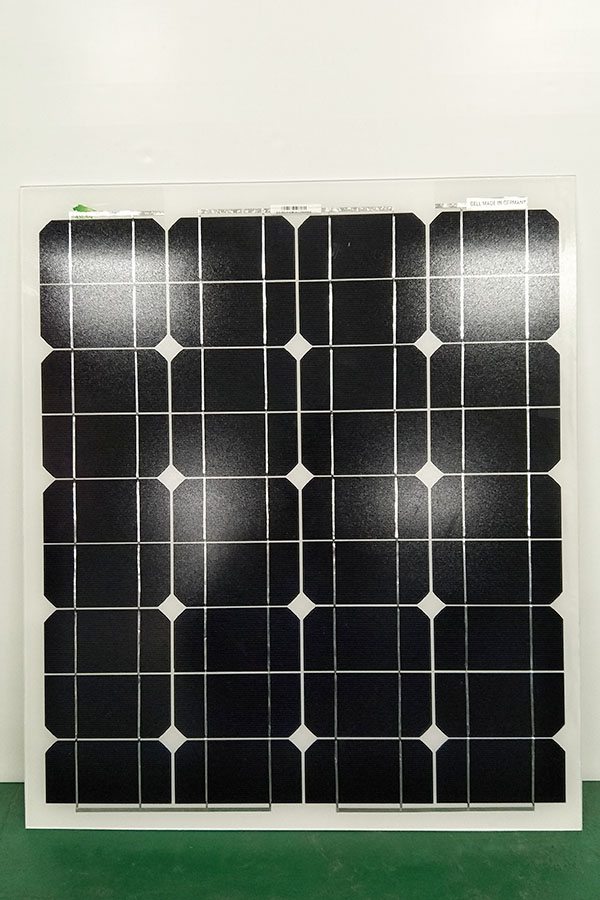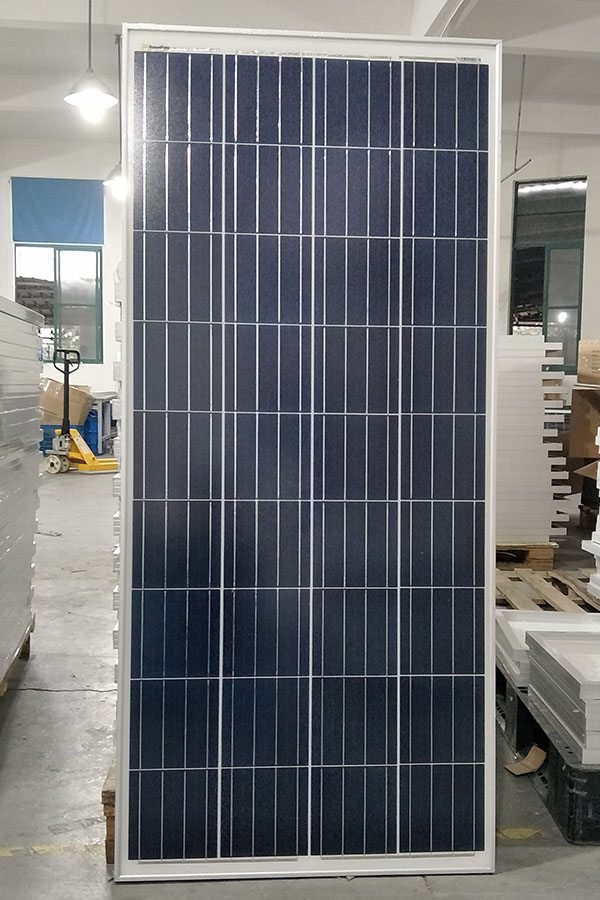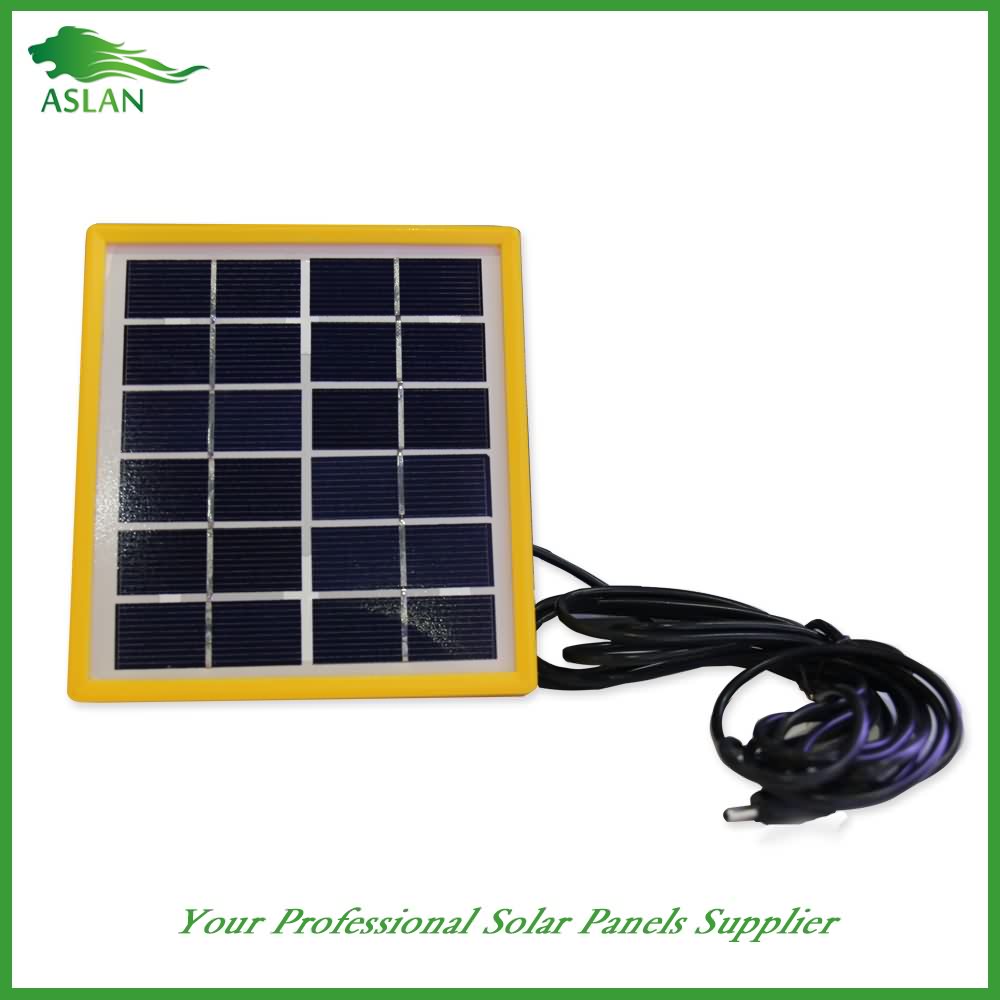Manufacturer of Mono-Crystalline 150W Solar Panel Supply to Netherlands
Short Description:
Our company puts emphasis on the management, the introduction of talented personnel, and the construction of staff building, trying hard to improve the quality and liability consciousness of staff members. Our company successfully attained IS9001 Certification and European CE Certification of Manufacturer of Mono-Crystalline 150W Solar Panel Supply to Netherlands, items won certifications with the regional and international primary authorities .For far more detailed information,please contact us!
Mono-Crystalline 150W Solar Panel
Technical parameter
Maximum Power(W) 150W
Optimum Power Voltage(Vmp) 17.92V
Optimum Operating Current(Imp) 7.83A
Open Circuit Voltage(Voc) 21.86V
Short Circuit Current(Isc) 8.59A
Mechanical Characteristics
Cell Type Monocrystalline 156x156mm (6 inch)
No of Cell 36 (4x9pcs)
Dimensions 1485x668x35mm
Weight 11.6KGS
Front Glass 3.2mm,High Transmission, Low Iron,Tempered Glass
Junction box IP65 Rated
Output Cable TUV 1×4.0mm2/UL12AWG,Length:900mm
Temperature and Coefficients
Operating Temperature(°C): -40°C ~ + 85°C
Maximum System Voltage: 600V(UL)/1000V(IEC) DC
Maximum Rated Current Series: 15A
Temperature Coefficients of Pmax: -0.435%
Temperature Coefficients of Voc: -0.35%
Temperature Coefficients of Isc: 0.043%
Nominal Operationg Cell Temperature (NOCT): 47+/-2°C
Materials of solar panel
1).Solar Cell——Mono-crystalline solar cell 156*156mm
2).Front Glass——-3.2mm, high transmission, low iron, tempered glass
3).EVA——-excellent anti-aging EVA
4).TPT——-TPT hot seal made of flame resistance
5).Frame——anodized aluminum profile
6).Junction Box——-IP65 rated, high quality, with diode protection
Superiority: high quality anodized aluminum frame, high efficiency long life, easy installation, strong wind resistance, strong hail resistance.
Features
1. High cell efficiency with quality silicon materials for long term output stability
2. Strictly quality control ensure the stability and reliability, totally 23 QC procedures
3. High transmittance low iron tempered glass with enhanced stiffness and impact resistance
4. Both Polycrystalline and Mono-crystalline
5. Excellent performance in harsh weather
6. Outstanding electrical performance under high temperature and low irradiance
Quality assurance testing
Thermal cycling test
Thermal shock test
Thermal/Freezing and high humidity cycling test
Electrical isolation test
Hail impact test
Mechanical, wind and twist loading test
Salt mist test
Light and water-exposure test
Moist carbon dioxide/sulphur dioxide
Soldering a flex wire to a single solar cell to be used as a detector. Some tips and tricks to make it faster and easier while lowering the chance of cracking the cell. (This is not the same as building a solar panel.)
MATERIALS
- Soldering iron (less than 50 watts, clean)
- Fine solder is best (clean)
- Thin, flexible wire (clean)
- Cell
WARNINGS:
- Soldering can be dangerous. If you do not know soldering safety, learn it or don’t solder.
- Never solder live circuits of any type.
- Soldering house wiring, power wiring, etc. is outside the scope of this video. That should be left to professionals only.
- Electricity can cause damage, fires, burns and death. If you don’t know about electricity, learn before doing.
- These are demonstrated for hobby work, low voltage – low amperage applications. NOT for mains voltages or currents or similar.
- Never use lead type solders where it will come in contact with food or drink or where it will come in regular contact with people.
- Lead is toxic. Take care to ensure that the byproducts / waste are contained and disposed of properly. Never hold solder in your mouth. Have proper ventilation.
- This is for hobby soldering only. Industrial users have more stringent requirements for industrial or large scale soldering operations.
- This is not all inclusive. If you don’t know, get training before continuing.
SOLDERING VIDEOS & RELATED
Soldering Basics – Popular Connections
Soldering Tools – DIY Clamps
Soldering -Taping & Shrinkwrap
Soldering Basics – For Cars, Experimenting, DIY’ers, Boats, Solar, …
Soldering – Water Resistant Connections, for Boats, Cars, RVs, Trailers, etc.
DIY Third Hand For Soldering, Gluing, Hobby Work, etc.
Soldering Closely Spaced Leads, Wires, Connections – Soldering Tip 2
Solding a Fine Wire to a Solar Cell
Salvaging Threaded Brass Inserts
Soldering Above or Below, Which is Right / Wrong
In this video I am showing the latest price or 150W and 300W solar panels which are commonly used now a days. Prices are at the local market and your local market price may vary a little. But this video will provide you a guide line before going for a panel or a complete solar system.
